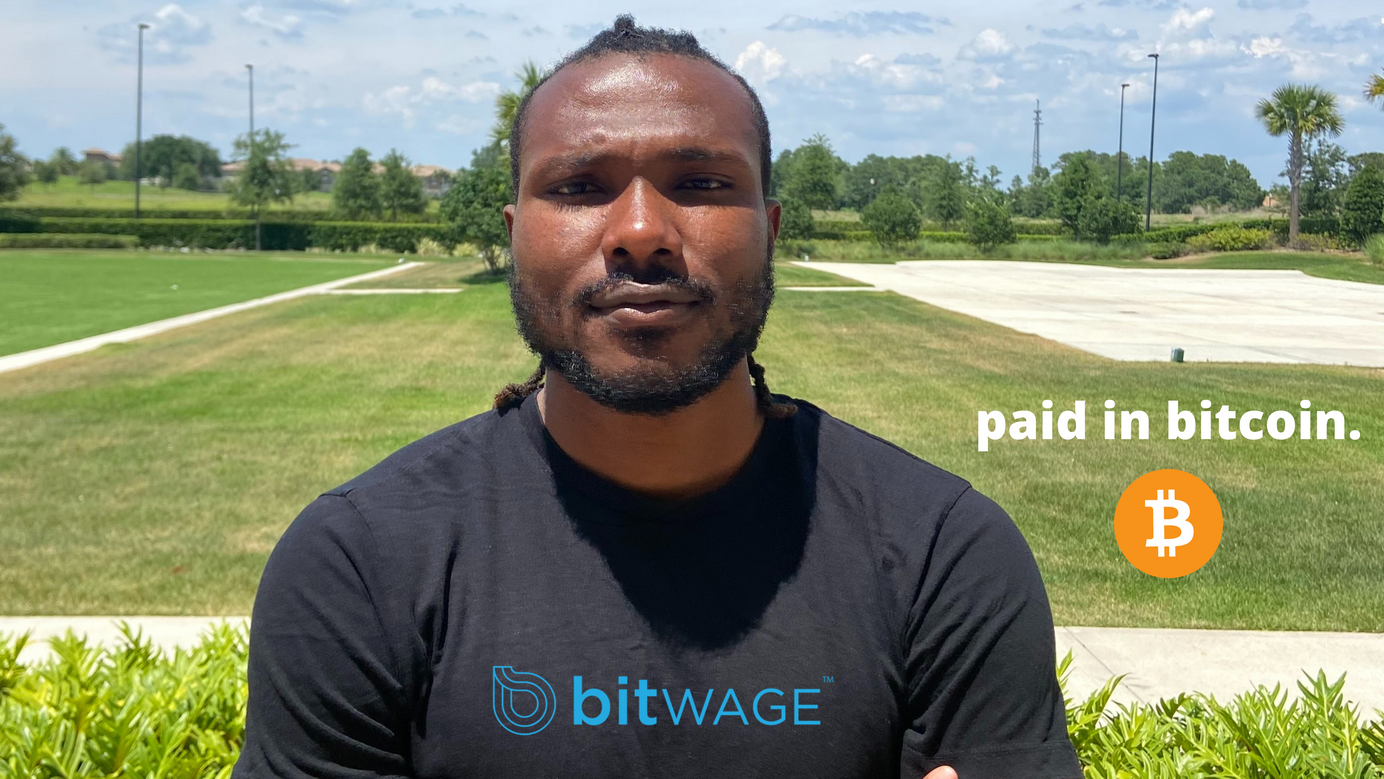
Networking Your Way To Freelancer Nirvana
Table of Contents
Finding the perfect freelance client is the eternal quest, but before you set foot on that path, it helps to have an idea of where you are headed. Why are you seeking freelance employment in the first place? Here are some common reasons:
- Happy with full time job, just need a bit of extra money
- Happy with full time job, just wanting to exercise skills that the job doesn't use
- Spouse on temporary assignment, you want to work, not willing to put down roots
- Real life responsibilities preclude full time work
- Simple lifestyle, enjoy having a three to six weeks off every quarter
Every freelancer can expand that list by describing their own specific motivations, but it all boils down to flexibility.
Once you understand your motivations you're much better equipped to navigate the client search process. Knowing these top client sins is also helpful:
- Scope Creep; you agree to a task, but without good boundaries in writing, you find things expanding.
- Unwanted Attachment; you're respected, you're paid appropriately, the client extends your project, extends it again, and it becomes clear they need you on a full time basis.
- Simmering Confusion; client isn't a smooth project manager, or the company rarely hires freelancers, so you face more ambiguity than you expected.
- Office Politics; the motivation for hiring a freelancer isn’t so much to complete the work specified, there is some undercurrent, often an underperforming employee who needs correction.
So with a little inventory done as to what you are looking for and a weather eye on signs of potential client sins, how do you go about finding a pool of possible clients? This will sound counter-intuitive, but your closest associates are NOT the most productive source.
This effect is so well understood that there are research papers about it, most famously The Strength of Weak Ties by Mark Granovetter, clear back in 1973. If you need some novelty in your life it will most likely come from someone you’d count as an acquaintance, rather than a friend.
Armed with that piece of wisdom, you’re ready to start prospecting. Maybe you should do this in a place where you’ve got some allies who can validate your character and the quality of your work, but new environments will be most productive. Some simple strategies you can employ include:
- Invite five new contacts on LinkedIn every day, but be cautious about being seen as a pitch artist. Take an interest in what they’re doing or discussing.
- Identify an online forum where you’re likely to meet new people, then participate by answering questions or making suggestions to other participants.
- Fire up that Meetup account you haven’t used in years and attend an event. If you’re feeling stuck, go way outside your normal zone and do something novel, with no expectations other than scoring some h'orderves. This always produces surprises.
- Study the social media presence of someone else in your field that you admire and see if you can discern the patterns behind their success.
- Clean your desk. Or rearrange your furniture. Or pick a new path to walk or bike. Seeking novelty is a habit that can be cultivated in many more places that just work.
Once you’ve set out on the path there is a lot of value in making a map as you go. Take notes on an ongoing basis as you work through opportunities, but leave the bottom half of the text file or the back page in your notebook for the details on what did not work. Negative results are still results and they’re just as valuable as positive ones, so long as you didn’t spend too much time acquiring them. Periodic review of your process helps limit those negative investments and extracts the valuable lessons that came with them.
There are a thousand books out there on how to do this, but you really shouldn’t read more than one of those a year; novelty seeking is a mindset that you can expand in many small ways, and as you do, you’ll find yourself on your way to that novelty in employment you seek.
Photo by Andrew Neel on Unsplash









